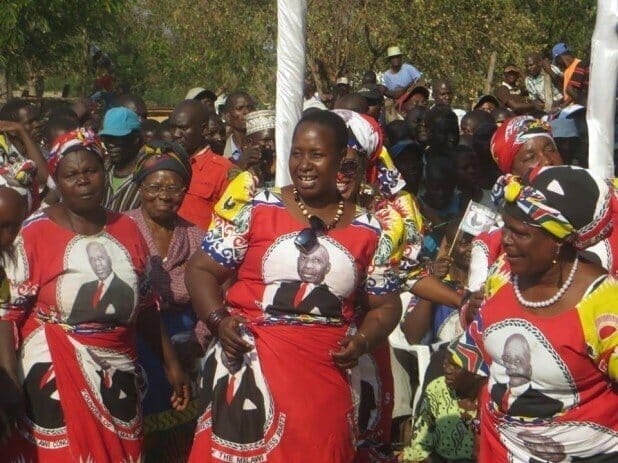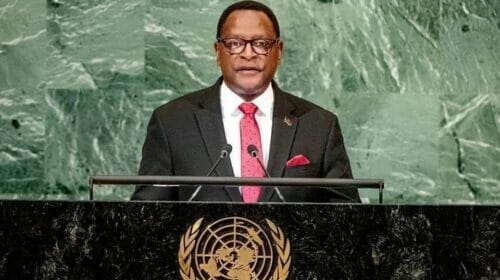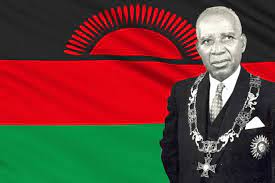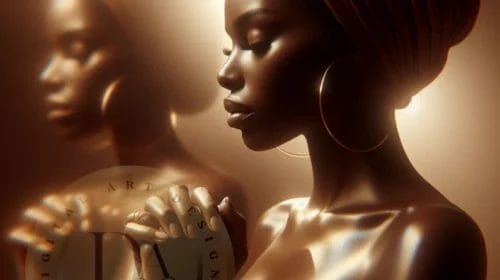Malawi Women in politics – to dance or not to dance, that is the question!
By Janet Karim
1There is a time for everything, and a season for every activity under the heavens:…..4a time to weep and a time to laugh, a time to mourn and a time to dance, –– Ecclesiastics 3:1, 4
In the past, both in writing, speech, and recently on social media platforms, the traditional practice of women dancing for the political leadership has passionately been defended and supported as the political women’s right to express themselves. This is the cultural heritage and a birthright of who the Malawian women are. To be frank, all cultures, all lands, nations, and societies have their forms of expressing themselves. However, the big and major support stopped SHORT for women from singing political songs as in traditional performances when it comes to state functions as the one President Chakwera presided over a few weeks ago; this was during his opening statement at the African Bar Association (ABA).

The break in supporting women’s freedom to sing and dance is because there are certain functions where political party traditional singing and dancing do not always fit with the function the president or vice president may be attending. Such functions as international events, the state opening of parliament, or an academic function where the leadership is attending in the capacity of the state.
Arguably during the one-party rule of former Life President Dr. H. Kamuzu Banda, it was difficult to separate the two (state and political events), however, he too had established a standard. For example, there was never any lyio lyio lyio in the House of Parliament.
After the entry of multi-party politics came to the fray of many lives in Malawi, there appears to be no standards. While one side advocates for a total ban on dancing women (it must be noted that it is not only women but men too also take part, for example, the drummers), the other side holds there is nothing wrong with men and women performing traditional dances at political functions.
A historical look at the origins of dancing for the political leader, namely Life President Dr. H. Kamuzu Banda, came from the women themselves when Rose Chibambo and other women in the political hierarchy (she was later appointed into the cabinet) made the suggestion. Women and school girls willingly danced for MCP leader Kamuzu to thank him. He was later elected Prime Minister and two years later Malawi President. The women danced traditional dances as their way of appreciating the role Dr. Banda played in destroying the Federation of Rhodesia and Nyasaland, which also led to Nyasaland gaining independence from Great Britain (United Kingdom). Malawi was renamed Malawi.
In the beginning (circa 1963), the women organized traditional dances at political rallies. The traditional dances were corrupted when some ill-intent was factored into them. One was the competitive nature between the regions and districts. Another element was men who saw groups of women organized into over-over-night camps as fishing grounds for sexual abuse and exploitation. Thus district chairwomen competing for large groups of women dancers turn out coupled with political heavyweights clamoring for free sexual favors with women. This latter part led to women who resisted either getting threats of husbands losing jobs among other intimidating predatory actions like losing jobs, interdictions, or missing promotions.
As some unfortunate women suffered sexual abuse and exploitation from some misguided politicians, gave the traditional dancing of women for Kamuzu a very bad name, many women danced freely while others were forced to rallies to meet district quotas.
But three things brought this and other things to an end in Malawi: the HIV pandemic, the end of communism, and the unification of Germany. With the HIV pandemic, both men and women eased up on the willy-nilly free sex or risk catching “the slimming disease.” The last two led to a call from the West calling for Malawi to democratize. The end of autocracy also put a temporary stop to traditional dances.
Women dancing in traditional dances for the traditional chiefs or at political events is a democratic right when done without coercion. It is dancers’ right to express themselves in dance form as poets or dramatists do in their art forms.
The support for women’s right to perform traditional dances, however, is only when the leaders are attending political functions. There is a differentiation between the President as the head of a political party and the President as the head of state and government. The political women dancers therefore should not be belting out political songs of praise for the President at a state or international functions.
Currently, in the international arena, there are urgent issues such as sexualizing children, the provision of contraceptives, the promotion of abortion, and the offering of comprehensive sexual education to young children. At such international functions, the women would be better off if they could change their songs of praise to songs of protest against the foreign intrusion into Malawi’s cultural practices and traditions.
It is their cultural rights for the political women singers to promote at the presidents and vice presidents functions the rights of parents to decide what education their children are to get, or following all parts of Malawi’s republican constitution, and not foreign constitutional provisions as those being advanced by the EU in the post ACP-EU Cotonou Agreement.
At the ABA conference, the women should have been promoting Malawi’s rights to retain its laws that were drafted by elected Malawians and passed by Malawi’s elected Presidents, to protect Malawian interests that include protecting and promoting the rights of parents to bring up their children as Malawian children, living in Malawi.
While discussing the topic of women’s traditional songs at state functions, the question looms large as to who provided the singing women with the microphone. This is another unanswered question as the one on who provided Tippex to vote tallying centers in the 2019 presidential elections?
Malawi’s democracy is in a stranglehold; if women desperately desire to sing their traditional political praise songs, they should first support the leaders’ attempts to keep Malawi free from the holds of neocolonialists like the EU.
Malawi women, please create songs to keep Malawi free from the EU and other political predators!




